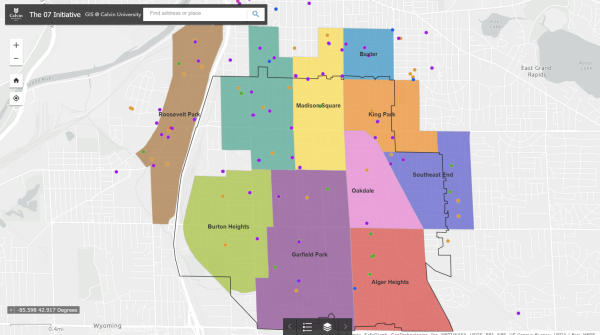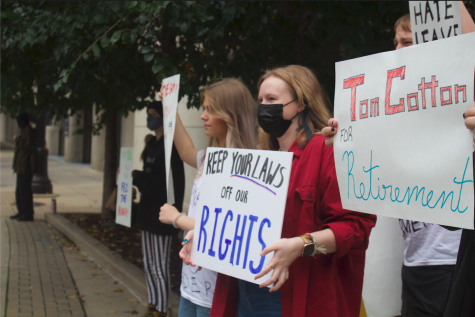Budget deal faces some hurdles
Michigan lawmakers hope to pass a final budget for the state by June but face a few stumbling blocks, including education funding, transportation funding, film incentives and Medicaid expansion. The House budget is closer to completion than the Senate budget, and once completed, the two budgets will then need to be reconciled before being presented to Gov. Snyder to be signed.
Although Republicans control both the Senate, House and governor position, there are still disagreements between Republicans over a variety of issues. Luckily, the state’s next fiscal year doesn’t begin until Oct. 1, so lawmakers should have plenty of time to agree on a budget.
Some of the biggest hurdles are in Medicaid expansion. Governor Snyder wants to use the Affordable Care Act (often informally referred to as Obamacare) to expand Medicaid eligibility to 133 percent of the current federal poverty level, adding 320,000 uninsured citizens in the first year. Since the federal government has pledged to cover the cost of expansion through 2016, the state could actually save $206 million, which Snyder wants to put into a savings fund against future costs.
However, the current House budget has no expansion of Medicaid, and the Senate currently doesn’t have it on their plan, although they may add it later (they have yet to discuss the expansion). Most of the reluctance stems from possible future costs, although the federal government would continue to fund at least 90 percent of the expansion until 2020. Some reluctance also stems from Republicans who are worried about affiliating with the Affordable Care Act, which is highly unpopular among Republican voters.
Other issues include road funding. Snyder has been actively pushing for an additional $1.2 billion for roads and maintenance, but so far lawmakers have not been able to find the funds in their budgets for the proposed increase. Many lawmakers support transportation maintenance, but are leery of supporting the measures proposed by Snyder to raise money like vehicle registration fees and increased taxes, some on gasoline.
The current budget plan of House Republicans also cuts more than 1,000 jobs from the Department of Human Services and would close all of its juvenile justice facilities, which both Snyder’s plan and the Senate’s plan would keep. Snyder’s plan and the Senate plan would also ensure that caseworkers would not be let go if cuts would interfere with the ability to comply with court-ordered agreements on child service.
Schools are likely going to receive a 2 percent increase in funding, which Snyder’s plan and the House plan would allocate primarily to employee retirement costs, but different plans allocate the additional funds in a variety of different ways. Many schools not already on the low end of the budget spectrum, based on a per-student allowance, will likely see little difference in their budgets.
Michigan Republicans have recently slashed the state’s once-robust film incentives program, to the current $25 million. Most plans would keep that for next year, but the current House budget would completely eliminate the program and spend the money on local roads instead.








